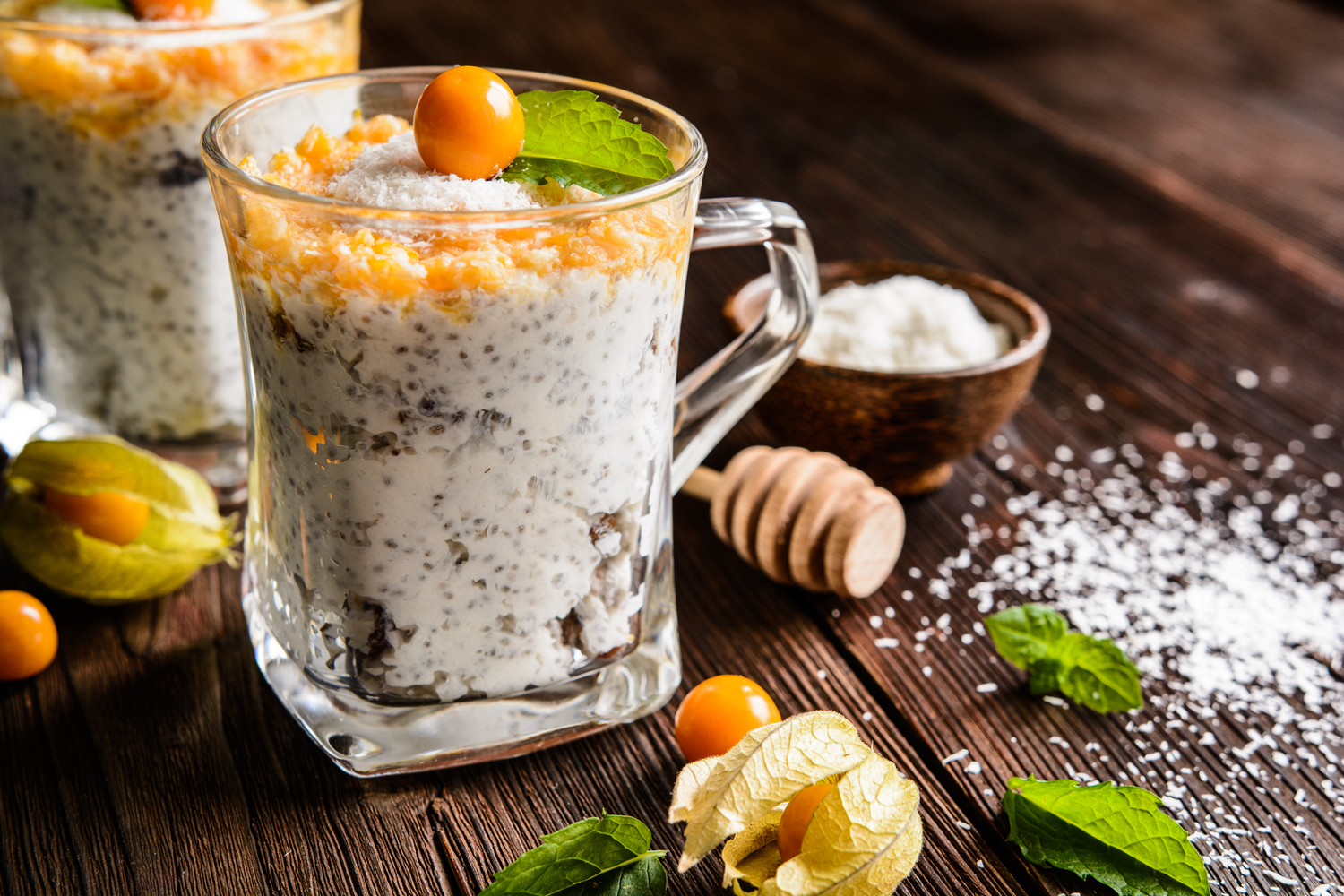Foods To Eat And Avoid If You Have Eczema
Foods To Eat And Avoid If You Have Eczema
Living with a chronic condition can be quite challenging; every aspect of one’s life tends to revolve around controlling the condition while coexisting with it. Eczema is one such chronic condition that tends to affect around 31.6 million in the country, which implies that around 10.1% of the entire population suffers from eczema. It is a condition that causes patches of skin to become inflamed, itchy, red, cracked, and rough, and, at times, even cause blisters. Often, these flare-ups are triggered by certain foods or other environmental factors like pollen or smoke.

Since food is a major trigger when it comes to eczema flare-ups, you have to be extremely careful about what you eat. In fact, crafting an eczema-friendly diet is essential for managing the condition effectively. So, take a look at which foods will help in decreasing eczema flare-ups and which can trigger them.
Foods To Eat
The key to bringing eczema under control is to add anti-inflammatory foods, such as the ones listed below, to your diet.
- Quercetin-rich food: Quercetin is a plant-based flavonoid that gives many fruits, vegetables, and flowers their rich color. In addition to making them appealing, quercetin is a powerful antihistamine and antioxidant.
Foods to avoid
Eczema flare-ups can occur due to certain foods, and food-sensitive eczema reactions become evident within 6 to 24 hours after you consume a particular food. It is essential to understand that people with eczema react differently to different foods; so what can be a trigger for you might be completely harmless to another person with eczema. To find out which foods trigger your eczema flare-ups, the doctor will recommend an “elimination diet” which involves avoiding certain common foods that trigger eczema.
The common foods that can cause eczema flare-ups and need to be eliminated from your diet include:
- Dairy
- Eggs
- Citrus fruits
- Soy
- Gluten or wheat
- Spices such as cinnamon, cloves, and vanilla
- Tomatoes
- Certain types of nuts
Usually, before eliminating these foods, you’ll have to slowly add these foods to your diet and monitor the condition for the next 4 to 6 weeks. This will help you determine if you are sensitive to any particular food. So, if your eczema symptoms worsen after adding a particular food, then you can eliminate it completely from your diet. Moreover, if your symptoms do not improve even after you eliminate the food, then the flare-ups aren’t being caused by that particular food.
People with dyshidrotic eczema, a type of eczema that affects the hands and feet, are recommended to consume foods that do not contain nickel. So, if you are diagnosed with this particular type of eczema, you should consider avoiding these foods as they might contain nickel:
- Canned meats
- Chocolate
- Beans
- Black tea
- Lentils
- Peas
- Soybeans
- Seeds
- Shellfish
It is, however, essential to consult with your doctor before you consider adding or removing any food type from your daily diet.

